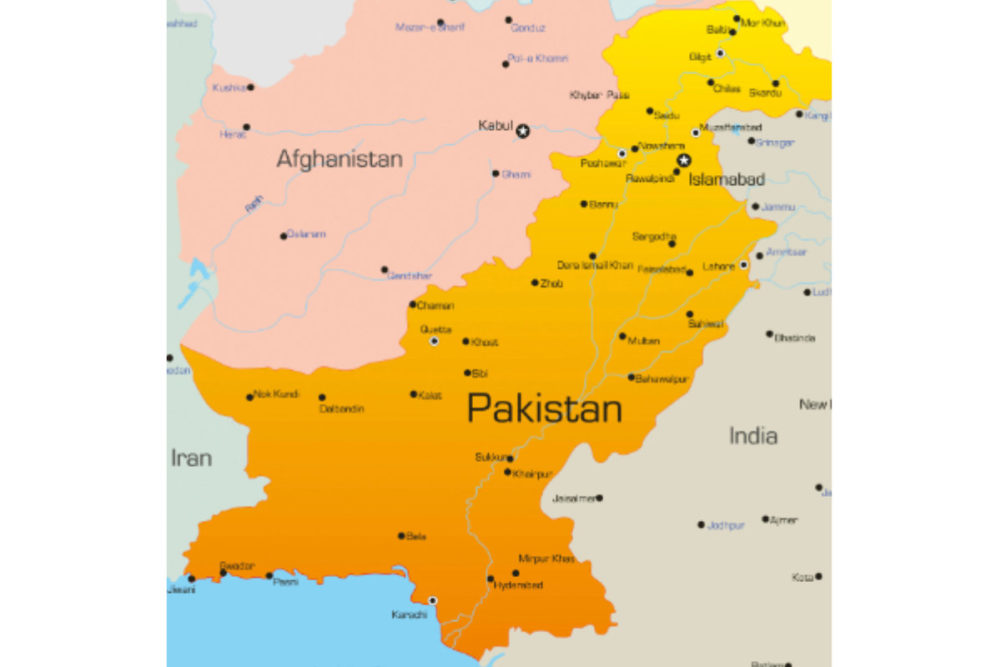ISLAMABAD, PAKISTAN — Although Pakistan produced a record wheat crop of 27 million tonnes in the 2021-22 marketing year, it was insufficient to meet the country’s domestic consumption requirements and maintain large strategic reserves, according to a recent Global Agricultural Information Network report from the Foreign Agricultural Service of the US Department of Agriculture (USDA).
The report noted that at 2%, Pakistan’s annual population growth rate is among the highest in the world, so future supplies — either through domestic production or imports — must be increased to meet consumption and stock management goals.
The USDA said Pakistan’s wheat import estimate for 2021-22 is unchanged from the previous forecast at 2 million tonnes.
“Even though in June 2021, the government announced intentions to buy 3 million tonnes during 2021-22, as of Sept. 20 only 57,000 tonnes had been imported,” the USDA said, noting that the government recently bought another 110,000 tonnes for arrival in early October.
Recent wheat imports have come from the Black Sea region, and that is expected to continue in 2021-22 due to price and quality considerations, the USDA said.
The USDA said the domestic wheat demand situation likely will be impacted by neighboring Afghanistan becoming increasingly politically unstable. Afghanistan imports almost all of its domestic flour from Pakistan, which might pressure Pakistan to import more wheat for stocks.






